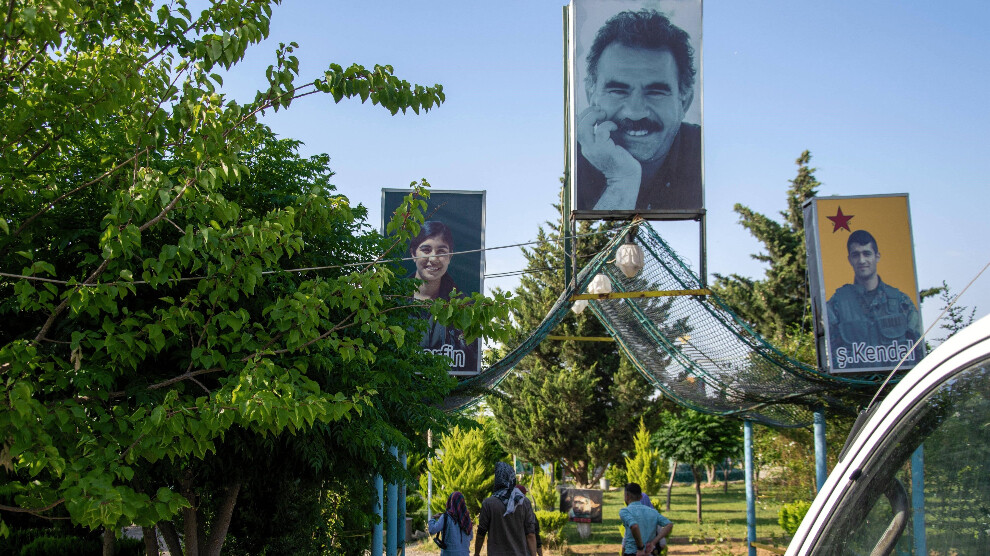The multiple faces of the revolution, a comment by the Internationalist Commune of Rojava
The Internationalist Commune of Rojava is running a series of comments from internationalists visiting Northern and Eastern Syria.
The Internationalist Commune of Rojava is running a series of comments from internationalists visiting Northern and Eastern Syria.

The Internationalist Commune of Rojava is running a series of comments from internationalists visiting Northern and Eastern Syria.
In the new article, the authors wrote: "It’s sometimes hard to put feelings into words, when you are faced with something that is hard to understand. Sometimes, even when you were unable to believe something like this before. Because it’s an understanding that is coming from your heart, deep down inside of you.
When we talked about cooperatives, I thought about the collective farms I know in France. When we went to Jinwar – the women’s village – I thought about the village of Umoja in Kenya… We don’t have the same experiences, the same methods, the same views. We try to resist with our strengths and weaknesses, with our mistakes and successes, we try to build resistance in our own different way. We are all sharing the same drive, the same desire for solidarity, for freedom, for taking our future into our own hands."
The authors added: "We talked with many people, in families, in the structures of the autonomous administration. Everyone has lost someone, a close relative, a friend, a child… sometimes much more. Thousands made sacrifices so that others could have a chance to build a better world. Against these people that try to create a free life, the Turkish state is launching drone strikes, organizing armed clashes, occupies, leading a war on water that is heavily impacting the humanitarian situation, agriculture, electricity and clean water supply. In addition, the embargo is slowly eroding the economy and daily life, and the threat of ISIS is still strong. Yes, despite the fact that most of the world seems to see it as a problem from the past, ISIS is here, still with support, a lot of weapons at its disposal and a lot of fighters."
The authors underlined that "the people of Rojava and North-east Syria gave a lot of sacrifice, struggled so much and built so much with their own hands. They are connected to this revolution in such a way that it’s a part of them. They made Öcalan’s philosophical and political vision their own. They will never back down. They show a determination that is not only necessary, but also admirable, with a humility that commands respect in view of all they have achieved."
The authors visited the Black Stadium of Raqqa, a stadium turned into a prison by ISIS where civilians were imprisoned, tortured, murdered by beheading or hanging. "In the midst of this heavy atmosphere and the smell of death clinging to the walls, - they wrote - our guide casually smoked a cigarette, explaining that when ISIS occupied Raqqa, if you were caught smoking a cigarette, you will have your fingers cut-off."